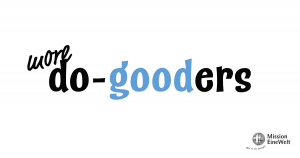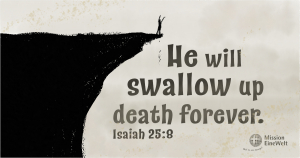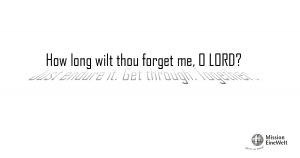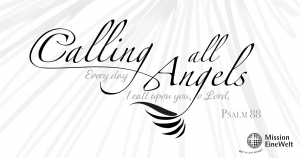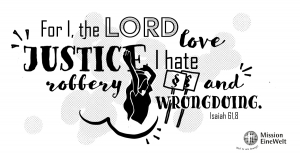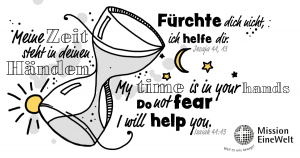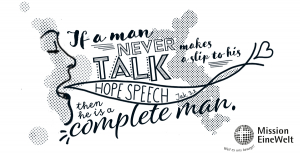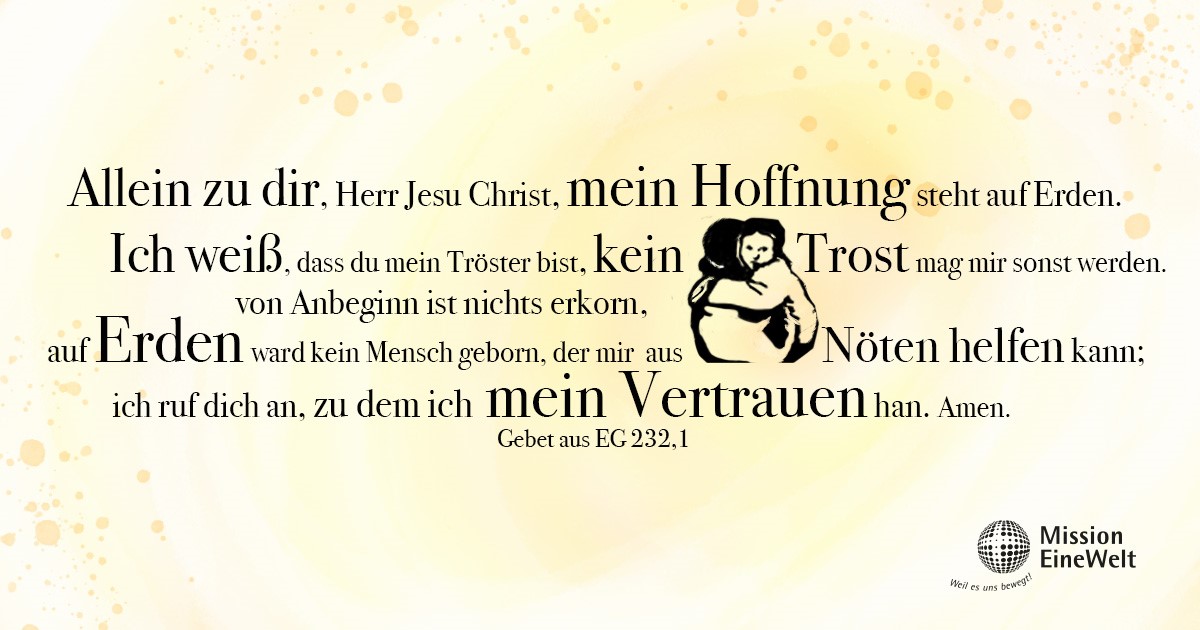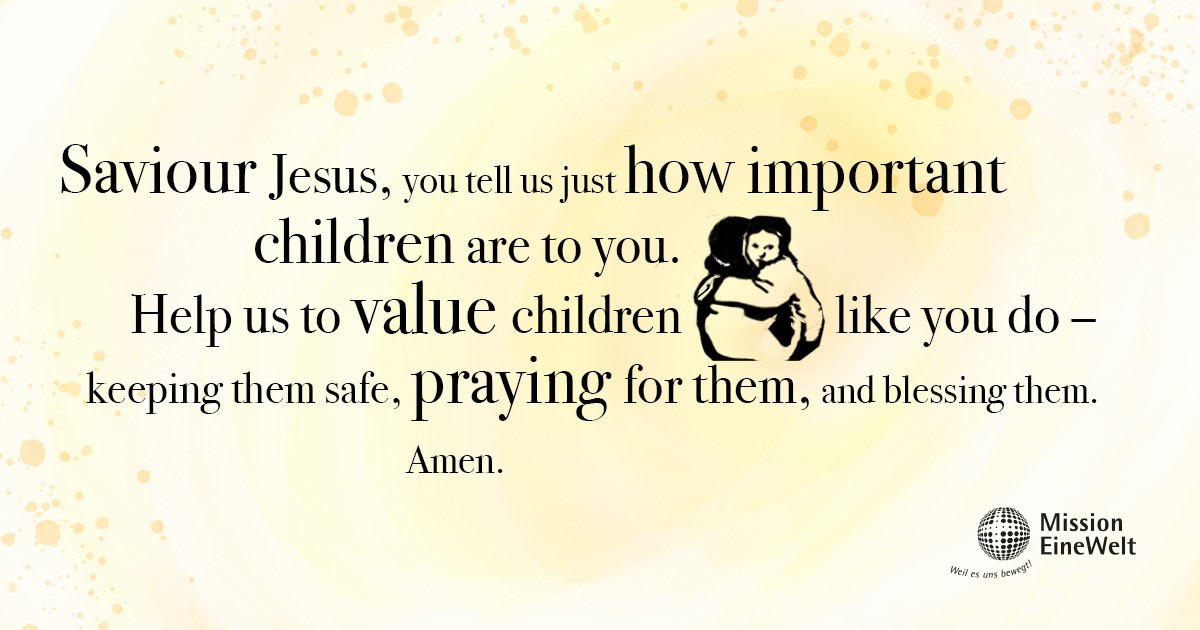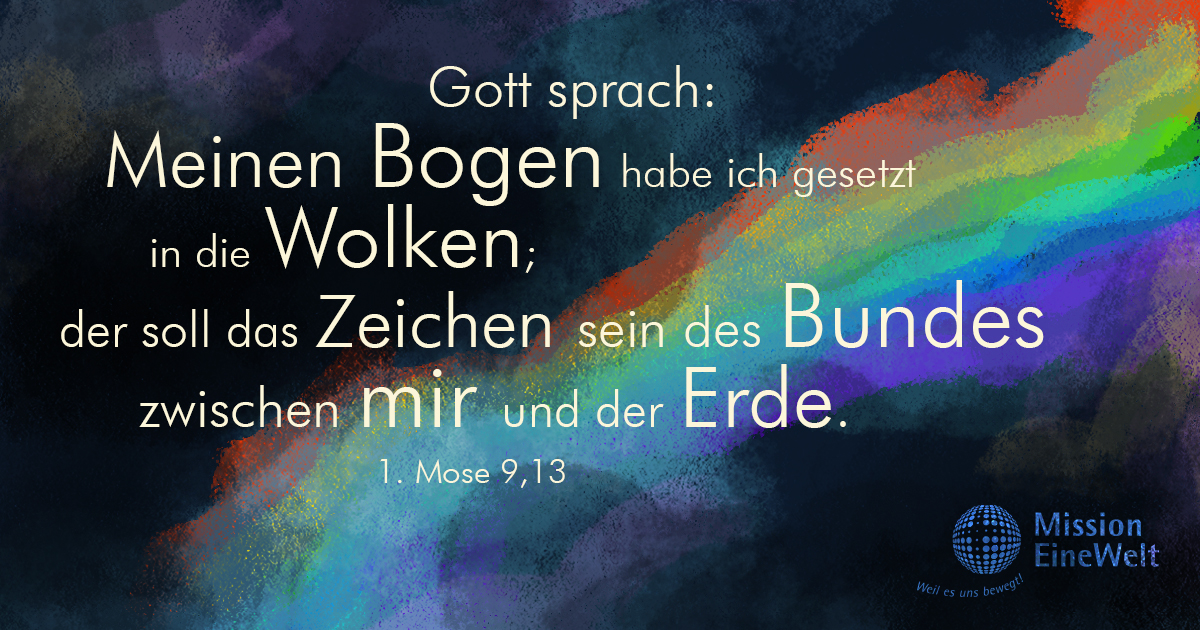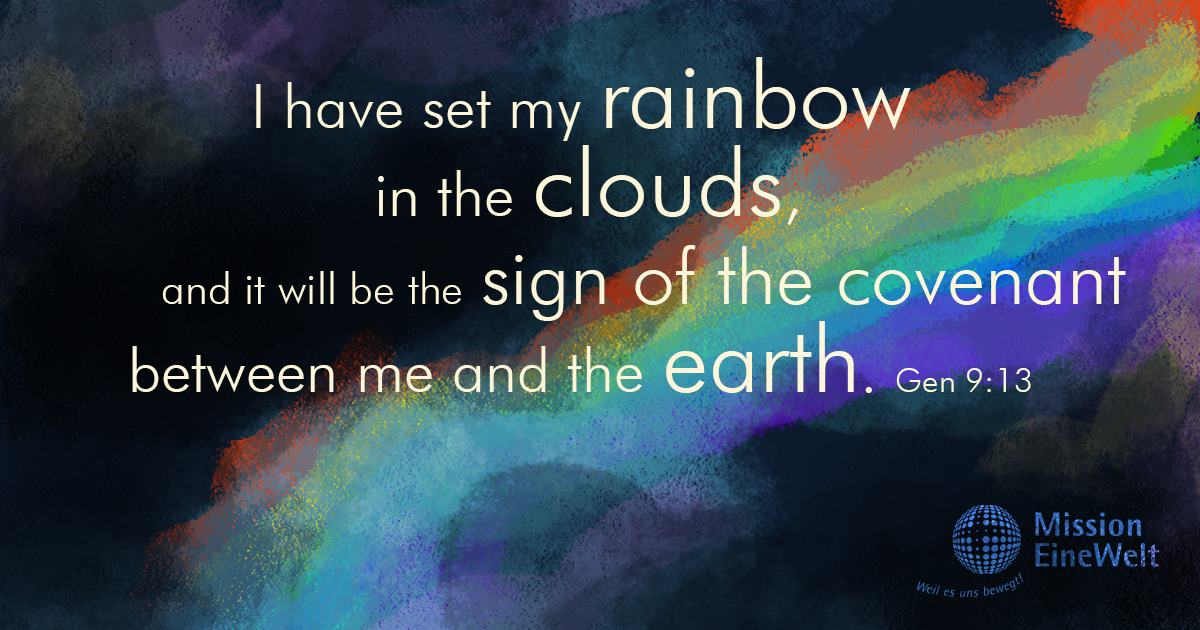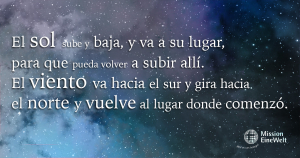
Illustration: Daniela Denk
Was hat der Mensch für Gewinn von all seiner Mühe, die er hat unter der Sonne? Ein Geschlecht vergeht, das andere kommt; die Erde aber bleibt immer bestehen. Die Sonne geht auf und geht unter und läuft an ihren Ort, dass sie dort wieder aufgehe. Der Wind geht nach Süden und dreht sich nach Norden und wieder herum an den Ort, wo er anfing. Alle Wasser laufen ins Meer, doch wird das Meer nicht voller; an den Ort, dahin sie fließen, fließen sie immer wieder. Prediger 3-7
Wie lange ist es her, dass wir in den Himmel oder in die Natur um uns herum geschaut haben? Ob es Nacht oder Tag ist. Ich weiß nicht, ob Vivaldi an Gott glaubte, ich weiß nicht, ob er die Bibel las, aber ich könnte sagen, dass das, was Vivaldi in seinen Partituren zum Ausdruck brachte, Gottes Schöpfung ist. Gottes Schöpfung in der Musik, Musik, die heilt. Haben Sie Vivaldis „Vier Jahreszeiten“ gehört? Mit geschlossenen Augen an einem ruhigen Ort sitzend? So stelle ich mir Vivaldi vor, wie er alle Klänge sammelt, an verschiedenen Orten steht, aber zu einem anderen Ort geht, um sein Werk zu schaffen. Jetzt lebe ich in der Stadt Nürnberg, und die Lichter im Zentrum erlauben es mir nicht, die Sterne zu beobachten. Vorher, als ich im Dorf Neuendettelsau wohnte, war der Himmel wie ein riesiges schwarzes Tuch, das mit weißen Punkten befleckt war. Ich versuche jeden Tag, rechtzeitig anzuhalten, zu sitzen, mich auf den Boden, auf das Gras oder irgendwo hin zu legen, um mich mit Gott durch seine Schöpfung zu verbinden. Vor zwei Tagen markierte der Kalender das Ende des Zyklus Sommer und den Beginn eines anderen, des Herbstes. Gott ist ein Künstler, ein Maler, ein Dichter, der sich durch die Natur mit Farben, Formen und Gerüchen ausgedrückt hat. Es ist jeden Tag unsere Gelegenheit, weiterzumachen und mit den Veränderungen und Zyklen mitzugehen. Es wird gesagt, dass das Wort Herbst „Zunahme“ bedeutet. Die Zunahme oder die Fülle des Jahres. Wir vertrauen darauf, dass Gott uns die Möglichkeit gibt, weiterhin Kraft und Energie aus den Farben und Schattierungen zu schöpfen, die er in die Natur gelegt hat, um uns jeden Tag zu erneuern. Viele spirituelle Zentren befinden sich weit weg vom Lärm der Stadt, um die Begegnung mit Gott zu erleichtern und zu zeigen, wie wunderbar es ist, in der unermesslichen Stille seiner Schöpfung auf ihn zu hören.
Herr, führe uns in unseren Zyklen und lehre uns, wie wir uns an die Übergänge anpassen können, die du in der Natur und in unserem Leben vollzogen hast, um uns in jeder Jahreszeit unseres Daseins im Glauben zu bestärken. Hilf uns, dich nicht aus unserer Gleichung herauszunehmen, denn jeder Versuch von Menschen ist ohne deine Gegenwart, Herr, bedeutungslos.
Andacht: Sergio Rios Carillo, Referat Entwicklung und Politik, Mission EineWelt
Illustration: Daniela Denk, Öffentlichkeitsarbeit, Mission EineWelt
What does man gain by all the toil at which he toils under the sun? A generation goes, and a generation comes, but the earth remains forever. The sun rises, and the sun goes down, and hastens to the place where it rises. The wind blows to the south and goes around to the north; around and around goes the wind, and on its circuits the wind returns. All streams run to the sea, but the sea is not full; to the place where the streams flow, there they flow again. Eclessiastes 3-7
How long has it been since we looked at the sky or nature around us? Whether it is night or day. I don’t know if Vivaldi believed in God, I don’t know if he read the Bible, but I could say that what Vivaldi expressed in his scores is God’s creation. God’s creation in music, music that heals. Have you heard Vivaldi’s „Four Seasons“? Sitting with closed eyes in a quiet place? This is how I imagine Vivaldi collecting all the sounds, standing in different places, but going to another place to create his work. Now I live in the city of Nuremberg, and the lights in the centre do not allow me to watch the stars. In the past, when I lived in the village Neuendettelsau, the sky was like a huge black cloth stained with white dots. Every day I try to stop in time, to sit, to lie down on the ground, on the grass or somewhere else, to connect with God through His creation. Two days ago, the calendar marked the end of the cycle summer and the beginning of another one, autumn. God is an artist, a painter, a poet who has expressed himself through nature with colours, shapes and smells. Every day is our opportunity to continue and to go along with the changes and cycles. It is said that the word autumn means „increase“. The increase or the fullness of the year. We trust that God will give us the opportunity to continue to draw strength and energy from the colors and shades that He has put into nature to renew us every day. Many spiritual centres are located right in the woods or far away from noise or the city, to facilitate the encounter with God and to show how wonderful it is to listen to Him in the immeasurable silence of His creation.
Lord, guide us in our cycles and teach us how to adapt to the transitions you have made in nature and in our lives, to strengthen us in faith in every season of our existence. Help us not to take you out of our equation, for any attempt by humans is meaningless without your presence, Lord.
Prayer: Sergio Rios Carillo
Illustration: Daniela Denk
¿Qué provecho tiene el hombre de todo su trabajo que tiene bajo el sol? Una generación pasa y otra viene, pero la tierra es para siempre. El sol sube y baja, y va a su lugar, para que pueda volver a subir allí. El viento va hacia el sur y gira hacia el norte y vuelve al lugar donde comenzó. Todas las aguas corren hacia el mar, pero el mar no se llena; al lugar donde fluyen, siguen fluyendo. Eclesiastés 3-7
¿Desde hace cuánto no miramos al cielo o detenidamente a la naturaleza que nos rodea? Ya sea de noche o de día. No sé si Vivaldi creía en Dios, no sé si leyó la Biblia, pero podría decir que, lo que Vivaldi plasmo en sus partituras, es la creación de Dios. La creación de Dios plasmada en música, música que sana. ¿Has escuchado las cuatro estaciones de Vivaldi sentado, en un lugar tranquilo con los ojos cerrados? Así me imagino a Vivaldi recolectando todos los sonidos, estacionado en varios lugares, pero moviéndose hacia otro para crear su obra. Ahora vivo en la ciudad, y las luces del centro no me permiten observar las estrellas. Antes, cuando vivía en el pueblo, el cielo era como una inmensa tela negra manchada de puntos blancos. Intento cada día detenerme en el tiempo, sentarme, acostarme en el suelo, sobre la grama o el pasto para conectarme con Dios a través de su creación. Hace dos días marco el calendario, el final de un ciclo (verano) y el inicio de otro, otoño. Dios es un artista, un pintor, un poeta que se ha expresado a través de la naturaleza con colores, formas y olores. Es siempre nuestra oportunidad cada día, de continuar y andar junto con los cambios y ciclos. Se dice que la palabra otoño significa “aumento”. El aumento o la plenitud del ano. Confiamos en Dios que nos de la oportunidad de seguir agarrando fuerzas y energías a través de los colores y matices que ha puesto en la naturaleza para renovarnos cada día. Muchos centros espirituales están ubicados justamente en bosques, o lejos del ruido o la ciudad para facilitar el encuentro con Dios y que maravilloso es escucharle en el silencio inmenso de su creación.
Señor, guíanos en nuestros ciclos y enséñanos a adaptarnos a las transiciones que has depositado tanto en la naturaleza como en nuestras vidas para montarnos con fe en cada estación de nuestra existencia. Ayúdanos a no sacarte de nuestra ecuación, porque todo intento del ser humano, sin la presencia del Señor, es en vano.
Sergio Rios Carillo

